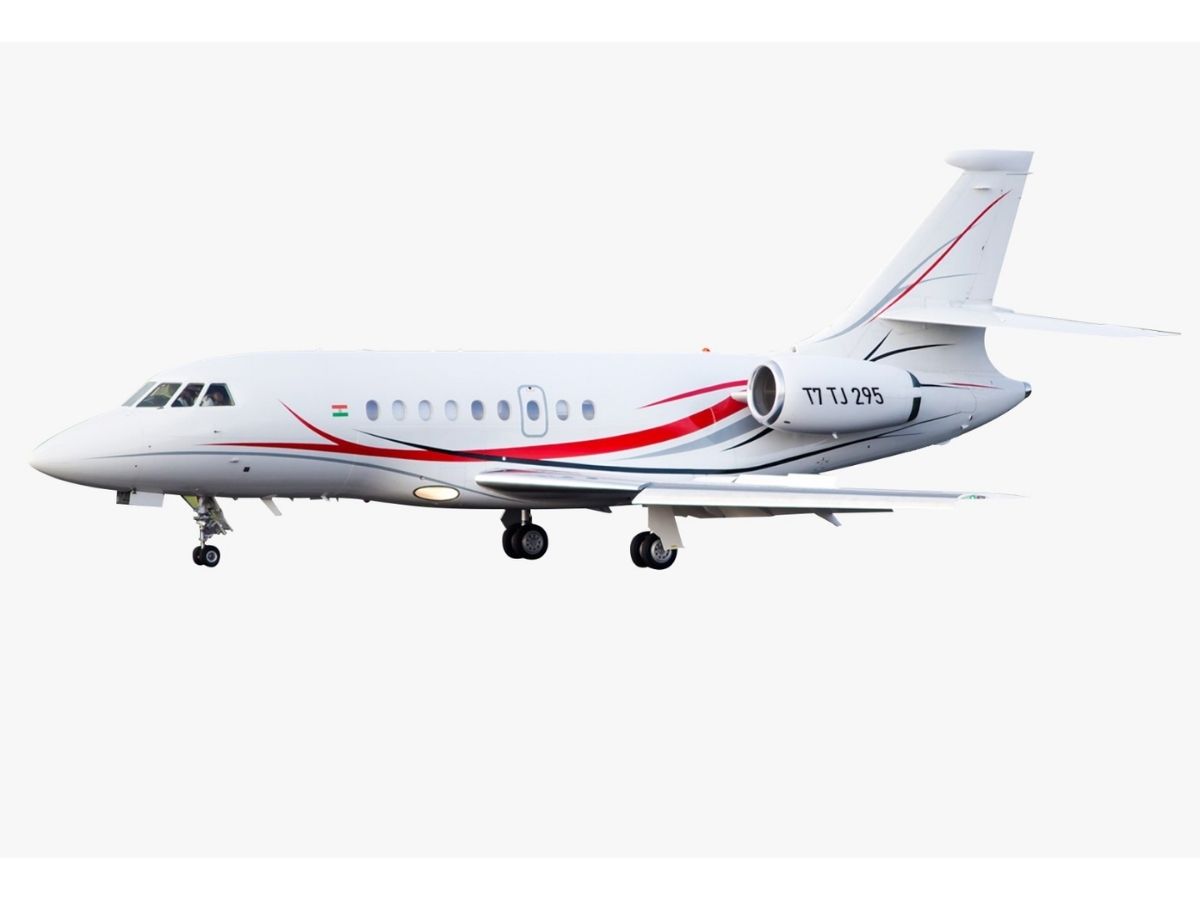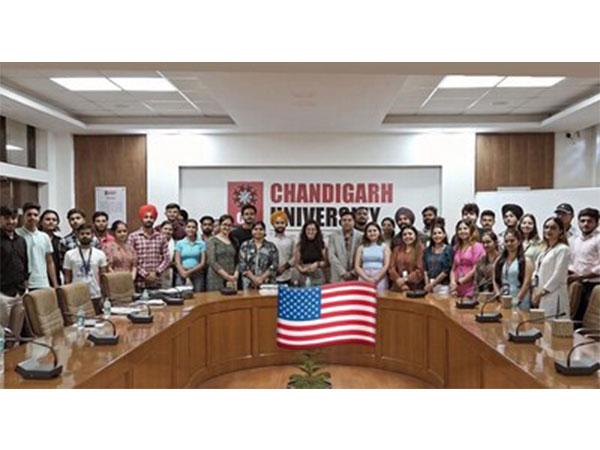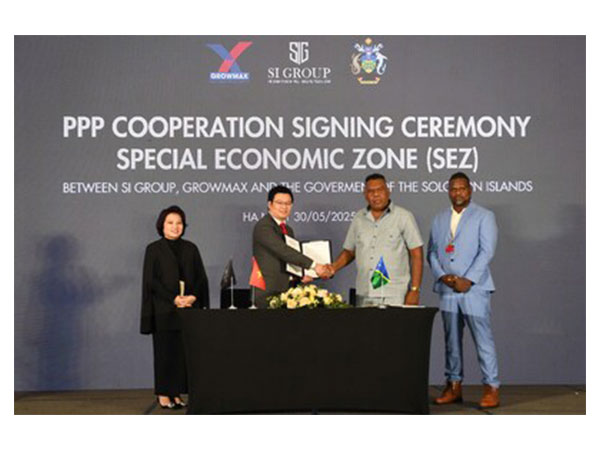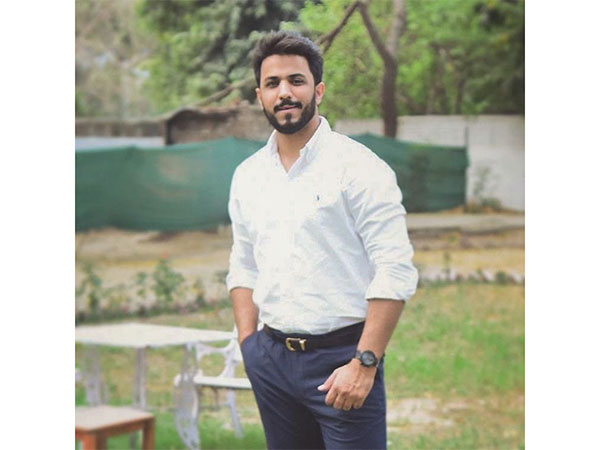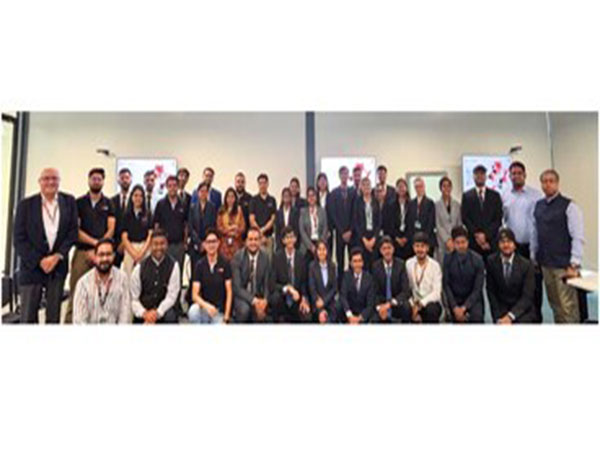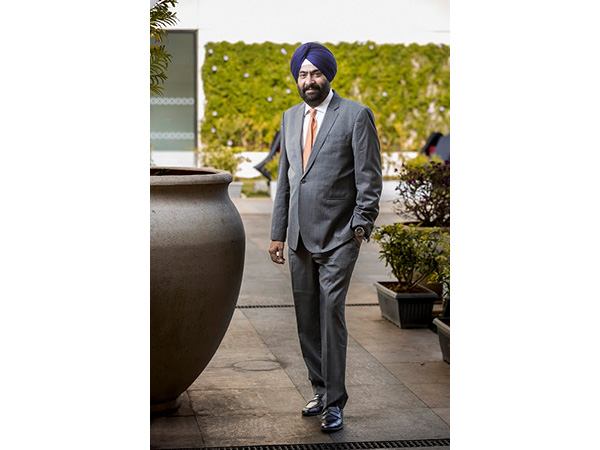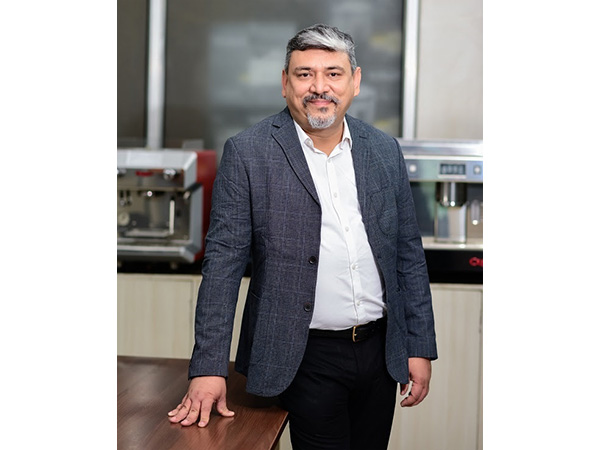UAE's pragmatic, balanced policy sets regional example: Anwar Gargash
May 29, 2025

Dubai [UAE], May 29: Dr. Anwar Mohammed Gargash, Diplomatic Advisor to the UAE President, said Wednesday that the world is currently navigating an era of "uncertainty" across technological, economic, and political spheres. He was speaking at a keynote session at the Arab Media Summit 2025, titled 'Repercussions of Disorder and Challenges of Stability'.
The session was attended by H.H. Sheikh Mansoor bin Mohammed bin Rashid Al Maktoum, Chairman of the UAE Olympic Committee, and H.H. Sheikha Latifa bint Mohammed bin Rashid Al Maktoum, Chairperson of the Dubai Culture and Arts Authority.
Dr Gargash highlighted the rapid transformations in artificial intelligence, the rise of nationalistic and protectionist economic policies, and a shift in US foreign policy prioritising American interests.
He also noted significant changes within the Arab world, including the decline of long-held ideologies that have yielded negative consequences, citing Lebanon and Syria as examples of positive change through cooperation with the international community.
Dr. Gargash stated that the UAE, through its successful model and pragmatic policy focused on security, stability, prosperity, improved living standards, education, and modern technology, offers a positive message to the region and the world. He emphasised the UAE's responsibility in addressing the current global "uncertainty" in technological, economic, and political domains, both regionally and internationally.
Mona Ghanem Al Marri, Vice Chairperson and Managing Director of the Dubai Media Council, President of the Dubai Press Club, and Chairperson of the Organising Committee of the Arab Media Summit, also attended the session. The dialogue with Dr. Gargash was moderated by Taher Barakah of Al Arabiya news channel.
Dr. Gargash said: "One of the most definitive lessons of the past three years, since the events in Gaza, is the utter collapse of ideologies in the Arab world. Despite this, many in our region remain unrealistic, clinging to these demonstrably failed and detrimental ideologies." He added that there is a pressing need to end the "era of ideology" in Arab politics, as it has fostered sectarianism, tension, and the diminishment of the state's role. He stressed that this ideological rigidity is incompatible with authentic, moderate Arab thought and culture.
He further emphasised the need for pragmatism and a focus on critical issues such as improving living standards, creating job opportunities, developing education, achieving prosperity and economic stability, addressing the reasons for youth emigration, and looking towards the future. His Excellency affirmed that the UAE, the Kingdom of Saudi Arabia, and other Gulf countries are presenting positive examples in this regard.
Dr. Gargash underscored the importance of strengthening the concept of the nation-state in several countries. He argued that it is unrealistic for militias to lead nations or for a single state to have two armies, highlighting the negative consequences of such situations. He added that clinging to slogans has led to the deterioration of conditions in many Arab countries, trapping them in a state of stagnation. He noted that Lebanon and Syria are on the path to recovery, though some forces seek to pull them back into the previous turmoil. He stressed the importance of supporting these two Arab nations, as their stability and recovery represent a positive contribution to the Arab world, wishing their new governments every success.
He added that the UAE embraces many Arab nationalities who have contributed to its development and progress. Dr. Gargash noted that the creativity and productivity these individuals demonstrate within the UAE's supportive environment reflect the broader potential of the people in the region.
He stated that the UAE formulates its foreign policy based on national decisions, a matter of national sovereignty. He asserted that some are using the issue of normalisation with Israel as a "political slogan and a scarecrow" to obscure economic, political, and social failures and internal tensions, rather than realistically addressing economic and livelihood challenges to improve people's lives, create jobs, focus on education, and achieve prosperity.
He confirmed that establishing diplomatic relations with Israel has not come at the expense of the UAE's steadfast approach in supporting the Palestinian cause and the Palestinian people's right to statehood.
Dr. Gargash pointed out that figures speak louder than empty claims, noting that the UAE has contributed over 42% of the total humanitarian aid that has entered Gaza since the events of 7 October.
He expressed concern that a fabricated and malicious media campaign is being waged against the UAE. He stated that the UAE leaves the judgment of its experience to others, as its achievements and successes speak for themselves and enjoy considerable global recognition. He added that those who view the UAE objectively, as is the case with "credible" media, will find a pioneering model of progress in the economy, society, political field, technology sector, and the tourist industry.
Dr. Gargash added: "We cannot dwell on these malicious campaigns broadcast by (social media militias and unscrupulous media). We rise above them and confront them with the positive narrative of our successful experience."
He expressed his conviction that the media sector is also at a crossroads and experiencing uncertainty due to its connection with rapidly evolving artificial intelligence. He stressed that adapting to these changes will determine which media institutions will disappear and which will survive or thrive.
Dr. Gargash also affirmed that the UAE prioritises investment in technology as an investment in the future, highlighting significant agreements in this field with the United States, France, and other countries.
Source: Emirates News Agency
